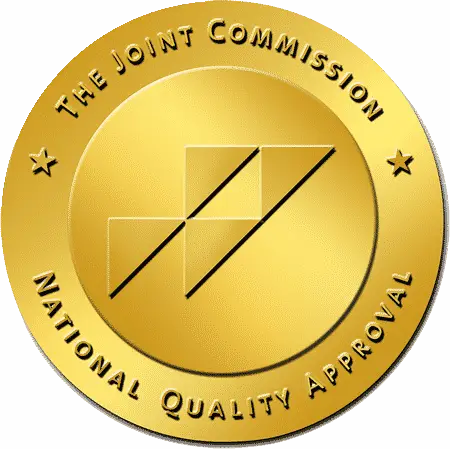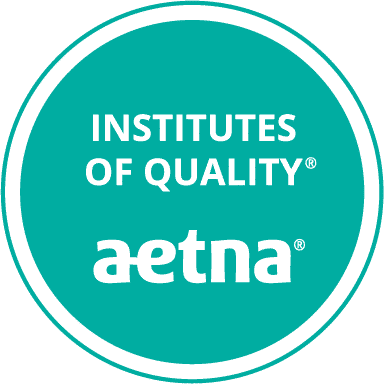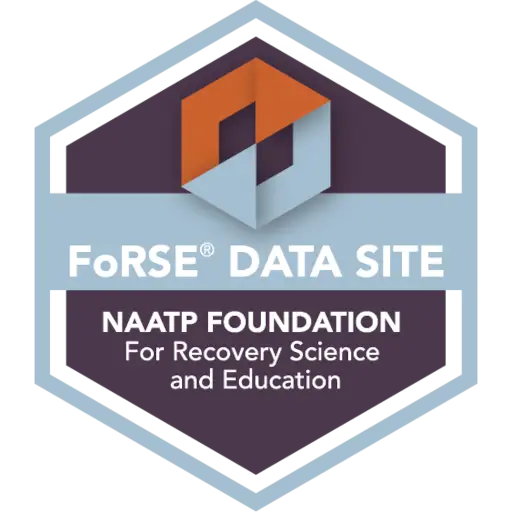What is Norco?
Norco is a brand name for a hydrocodone and acetaminophen combination that is used for relief of severe pain. It comes a capsule, a tablet or as an oral solution in doses of 5 mg, 7.5 mg, 10 mg, or 15 mg. Norco is a narcotic in the technical sense of the word and its use can lead to physical dependence. It should not be taken in doses higher than prescribed or without a prescription.
Why Norco Works for Severe Pain
Norco is often prescribed for patients who have chronic pain or acute pain from surgery, back pain, or other injuries. It works by blocking nerve impulses (pain sensations) in the brain.
Muscle Relaxants and Cough Suppressants
Norco is also a muscle relaxant typically prescribed for moderate to moderately severe muscle spasms and stiffness. It may be given in combination with other medications, such as acetaminophen or codeine. Hydrocodone is also an antitussive (cough suppressant) that works by acting directly on the cough center in the brain.
Does Norco Have Opioid Properties?
Yes, one of its ingredients, hydrocodone, is an opioid, a synthetically made medication used to treat moderate to severe pain. It affects the same part of the brain as opiates, which are derived from the poppy plant. The acetaminophen (brand name Tylenol) in Norco is not as powerful but can be dangerous if taken in large doses or for long periods of time.
What are Opioids?
Opioids are drugs prescribed to people who have had surgery and with chronic and major pain. Opioids can be either natural or synthetic, but most are the latter. Other opioids include the powerful narcotics oxycodone, morphine, codeine, fentanyl and carfentanil. They bind to receptors in the brain and other parts of the body to reduce the feeling of pain. The most common side effects from opioid use include constipation, nausea, sleepiness, confusion, and sexual dysfunction. Always tell your doctor if you feel any breathing problems. Norco is habit forming and should be a medication regularly taken. If there is a missed dose, life threatening withdrawal symptoms can cause liver damage or damage to the central nervous system.
Possible Drug Interactions
An opioid overdose can happen easily from trying to catch up from a missed dose. If overdose symptoms occur, call your doctor and get emergency medical help.
Norco Abuse is Popular
Norco is often used by persons addicted to opiates looking to get high when they cannot get their drug of choice. The high derived by the hydrocodone portion of Norco can last for several hours.
Norco can be obtained through fake prescriptions and the sale “on the streets” of copycat drugs which may be polluted with other drugs such fentanyl.
Serious Drug Interactions
Norco combined with other drugs can have serious side effects that will require emergency medical help. For example, both of its components have adverse results when mixed with drinking alcohol.
- Alcohol and hydrocodone combined can cause drowsiness, impaired motor control, and a risk of overdose.
- Mixing alcohol with acetaminophen, on the other hand, may cause liver damage and impaired breathing.
Norco can have serious interactions with:
- Anticholinergics such as Eluxadoline
- Sodium Oxybate
- Sodium Fusidate
- CYP3A4 Inhibitors
Norco’s Toxicity
Norco has been classified by the FDA as Schedule III controlled substance approved for short-term treatment for pain, it can be habit-forming, and its side effects have been linked to significant toxicity that can cause liver damage. High doses of acetaminophen have been connected to kidney failure and breathing difficulties. Hydrocodone use can cause life-threatening depression of the respiratory system (breathing problems), especially if combined with other central nervous system (CNS) depressants.
Side Effects of Norco
Norco’s side effects may include constipation, urinary retention, breathing problems and respiratory depression. The drug information pamphlet warns to look for slow breathing and any serious breathing problems. Because of these, it is important to follow the scheduled dose instructions carefully and monitor the time for the next scheduled dos. Difficulty urinating and slow breathing may be a sign of an allergic reaction to Norco. For more information about Norco’s potential toxicity, contact a healthcare provider.
Short-Term Side Effects
Short term effects include:
- Lightheadedness
- Vomiting
- Dizziness
- Nausea
- Constipation
- Drowsiness
Some of these side effects may decrease after you have been using this medication for a while. If any of these effects persist or worsen, call your doctor or pharmacist immediately.
Long-Term Side Effects
- Abnormal Liver Function Tests
- Bronchospasm
- Abnormal nervous system function
- Hearing loss
- Breathing problems
- Possible head injury
- Slowed or quickened heartbeat
- Allergic reaction
- Kidney disease
- Liver disease
- Liver damage
- Vocal cord swelling
Is Norco Addictive?
If a physical dependence develops, Norco can become addictive. The signs of Norco addiction include an obsession with the drug, lack of interest in hobbies or activities, financial difficulties, and poor performance at work, school, or home. People with Norco drug addiction may be struggling with co-occurring disorders as well. When they decide to receive treatment, the healthcare professional advising them will need to decide whether the disorders can be treated together, or which order they will be addressed.
Can Stopping Norco Cause Withdrawal Symptoms?
Yes. If you are taking Norco medication regularly and suddenly stop, you may experience drug withdrawal. Life threatening withdrawal symptoms may occur after only one missed dose. Abruptly discontinuing the drug can cause severe symptoms of withdrawal, including depression, uncontrollable pain, and even thoughts of suicide.
Norco Withdrawal
The symptoms of withdrawal start within 12-24 hours after taking the last dose of Norco and can last for weeks or months. They include:
- Anxiety
- Poor appetite
- Difficulty urinating
- Irritability
- Difficulty concentrating
- Insomnia
Some life-threatening withdrawal symptoms may occur in serious situations. These may include high blood pressure, serious breathing problems, allergic reactions, slow breathing, or death.
Can you Overdose on Norco?
Yes, it is possible to overdose on prescription medications such as Norco if they are taken in too large amounts. Similar to an opioid overdose, the effects are not always felt immediately and may take hours before the person overdosing starts feeling the effects. Some overdose symptoms include:
- Drowsiness
- Loss of appetite
- Nausea
- Vomiting
- Headache
- Constipation
- Dry mouth
The most serious side effect is slow breathing and respiratory depression, which can lead to death. If someone is concerned about overdose, it is important to reach out for help right away.
Adult Dosage of Norco
Following a doctor or pharmacist recommendation is important to avoid a habit-forming physical dependence. The average doses of this medicine depend on the strength of the medicine, the number of doses you take each day, the time allowed between doses, and the length of time you take the medicine.
For oral dosage form (capsules):
- Adults—1 or 2 capsules every 4 to 6 hours as needed. Usually not more than 8 capsules per day.
Adults weighing 101 pounds and more oral dosage form (elixir):
- 11.25 milliliters (mL) every 4 to 6 hours as needed.
Adults weighing 101 pounds and more oral dosage form (solution)
- 7.5 milligrams [mg] per 325 mg per 15 mL or 1 tablespoonful every 4 to 6 hours as needed
- 15 milliliters (mL) or 1 tablespoonful every 4 to 6 hours as needed
- 10 milligrams [mg] per 325 mg per 15 mL solution
Adults’ oral dosage form (5 milligrams [mg] per 325 mg tablets):
- Norco 5/325: 1 or 2 tablets every 4 to 6 hours as needed.
- Norco 7.5/325: 1 tablet every 4 to 6 hours as needed.
Adults’ oral dosage form (10 mg per 325 mg tablets):
- Norco 10/325: 1 tablet every 4 to 6 hours as needed.
Always Follow Instructions
To prevent misuse of Norco (hydrocodone and acetaminophen combination), you should tell your doctor in advance about all other drugs you are taking. They will then be able to prescribe a medication that will safely address your condition.
It is important to read the prescription label and follow the instructions that come from the prescribing doctor or pharmacist.
A medication guide and drug information leaflet should accompany the medication. Talk with your doctor or pharmacist about any questions you have regarding this information.
La Hacienda Treatment Center
Since 1972, La Hacienda Treatment Center has been helping people with opioid use disorders– including abuse of Norco and other drugs–get sober and start a sustainable recovery.
Addiction is a treatable disease, and the La Hacienda staff care for it from several directions. They design an individualized therapy for each patient that addresses mind, body, and spirit.
On-site Medical Staff
The on-site medical staff composed of addiction medicine certified doctors and psychiatrists meet daily with patients. Also, licensed nurses are available around-the-clock to administer prescriptions, and provide both minor and emergency medical help. The medical staff screens for any serious co-occurring conditions such as kidney disease or liver disease prior to arrival at La Hacienda. They may also ask to contact the incoming patient’s doctor or pharmacist to get a complete list of current prescription medications.
Medically Supervised Detoxification
If needed, there is a well-equipped special care unit for medically supervised detoxification where the patient’s health is monitored, and medications given to moderate painful withdrawal symptoms.
Family Programs
Addiction affects not just the patient, but the entire family. To heal this part of the illness, La Hacienda holds four-day Family Programs with parents, spouses, or close friends of patients. It provides a background in the medical science of addiction and workshops on how to better communicate and have a positive impact on recovery.
Introduction to the 12 Steps
In addition to individual and group clinical therapy with licensed addiction treatment counselors, patients are thoroughly introduced to the 12 steps, of which the first four are completed while in treatment. Patients also receive cognitive behavioral therapy to help them identify the warning signs of feelings and actions which might lead to relapse. They learn how to respond so that a return to drug abuse does not happen. Before completing treatment, each patient also is assisted in creating a continuing care plan for the near future which may include living in a sober living residence or involvement with an intensive outpatient program. Other treatment includes supervised therapeutic activities on a ropes course and in a well-equipped gym.
To Start the Admission Process
For more information regarding addiction treatment at La Hacienda or to start the admission process, phone (800) 749-6160 today and talk with one of our helpful on-campus admission specialists. La Hacienda Treatment Center is in network with many major insurance carriers.

Prescription Drugs
Prescription drugs are a type of medication that requires a doctor’s prescription. They are usually regulated by the government and can only be sold with the requisite documentation. These drugs are used for a variety of purposes, such as treating and illness or injury, preventing disease, or as a pain reliever.

Barbiturates
Barbiturates are a type of drug that is used to treat anxiety and insomnia. They have been around for about 130 years, but they are not as commonly prescribed as other drugs. These drugs can be addictive and dangerous if misused because they slow down breathing rates and heart rates, which can lead to death.
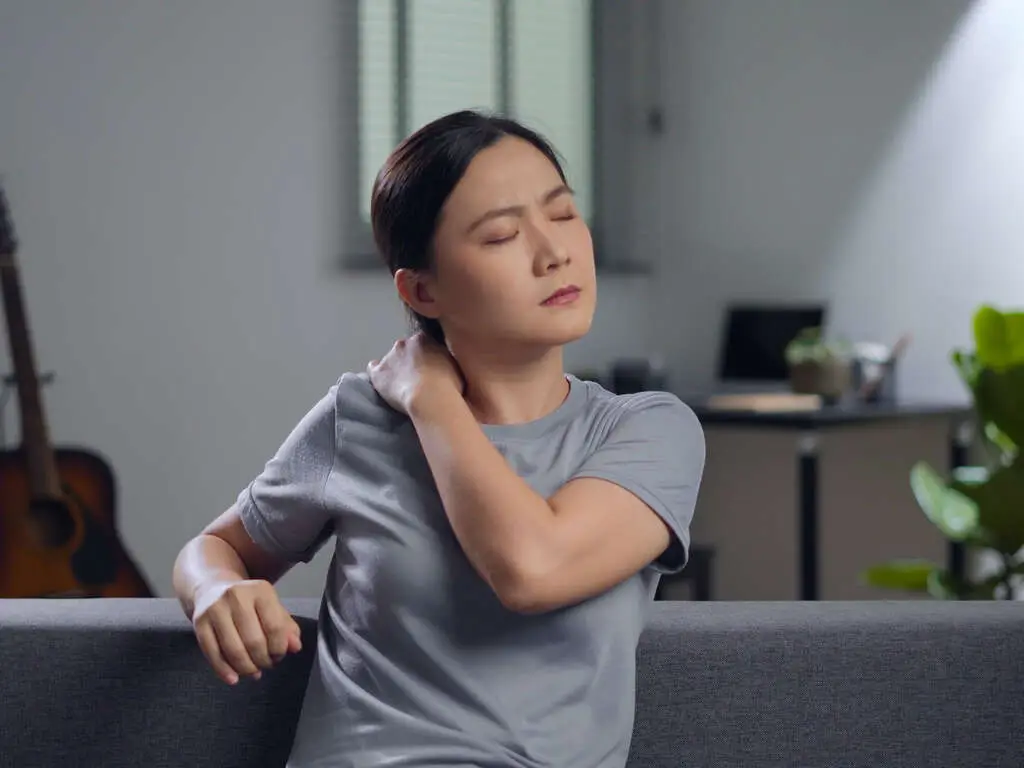
Benzodiazepines
Benzodiazepines are a class of psychoactive drugs that are commonly prescribed for the treatment of anxiety, insomnia, seizures, and agitation. Benzodiazepines have been used since 1960s, but they have been increasingly associated with adverse effects such as dependence and abuse potential. The long-term use of benzodiazepines can lead to cognitive impairment which can be irreversible.

Codeine
Codeine is a medication that can be used for the relief of moderate to severe pain. It is sold under many trade names, including Tylenol with Codeine, Panadeine Extra, and Paracodin. The active ingredient in codeine is an opioid analgesic that works by blocking the sensation of pain by binding to opioid receptors in the brain and spinal cord.
